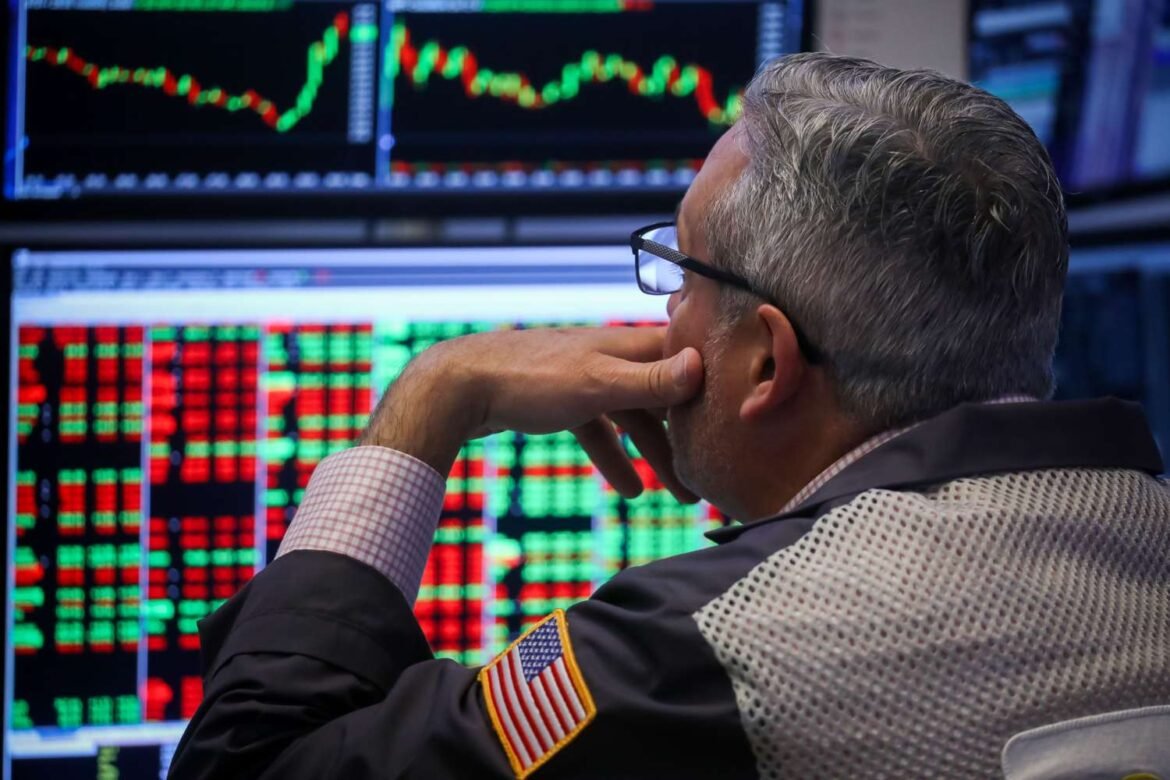Key Takeaways
- BCA researchers in a note this week recommended shorting the stocks of U.S. hyperscalers and going long Asian chipmakers in anticipation of an AI stock pullback.
- There’s a good chance Big Tech’s massive AI investments deliver subpar returns on investment, BCA says, which it believes will depress their stock valuations even if their profits continue to grow.
The boom-bust cycle that has lately powered a pullback in cryptocurrencies and precious metals is coming for AI stocks, according to BCA Research. And they have an idea for how to play it.
BCA’s analysts this week recommended going long Korean and Taiwanese chipmakers while shorting the U.S. hyperscalers—the tech giants Microsoft (MSFT), Alphabet (GOOG), Amazon (AMZN), Meta (META), and Oracle (ORCL)—whose massive AI investments they expect will eventually weigh on share prices.
“Capital spending booms rarely end well for investors,” the analysts wrote. “Deploying vast sums quickly often leads to poor capital allocation.”
Why This Is Important
The five hyperscalers that BCA says are at-risk of a sell-off are among the largest companies in the U.S., making up a sizable share of major stock market indexes. As such, their stock performance can have an outsized impact on the portfolios of all investors, whether they’re directly invested or not.
The five hyperscalers are expected to invest more than $400 billion in infrastructure this year, with much of that used to build data centers and outfit them with the most advanced chips and servers. At times, investors have struggled to stomach the size of those investments, but concerns about overspending haven’t stopped the stocks from soaring.
BCA analysts argue this spending spree is a departure from the investment discipline that has been key to Big Tech’s success over the past decade. They expect misallocated capital will inevitably lead to declines in hyperscalers’ return on equity, which “will depress their equity multiples even if their profit growth remains positive.”
Another cause for concern, according to BCA, is the risk that today’s data centers will be obsolete in short order. BCA expects data center construction to become less expensive in the coming years as experience drives efficiencies. In addition, as more computing capacity is brought online, the value of existing capacity should decline.
“The price of ‘compute’ will drop significantly,” says BCA. That may be good for consumers, but not for the hyperscalers that effectively lease computing power to cloud customers.
Any indication that AI investments aren’t paying off as expected could spell trouble for the hyperscalers’ stocks. Meanwhile, BCA expects Asian semiconductor manufacturers to continue to benefit from aggressive data center investment without the excess supply and capex headwinds that the hyperscalers face. They also note that those chipmakers’ valuations remain reasonable despite a run-up in their stocks this year; in their note, they named Taiwan Semiconductor Manufacturing (TSM), along with SK Hynix and Samsung, which primarily trade overseas.
BCA predicts that its two-pronged trade will succeed over the next 12 months regardless of whether the AI rally persists or falters. Even if the bottom falls out of the AI trade and both hyperscalers and Asian chipmakers decline over the next year, they expect the hyperscalers to fare worse, making for a short trade that’s more profitable than an unprofitable long call on chipmakers.



